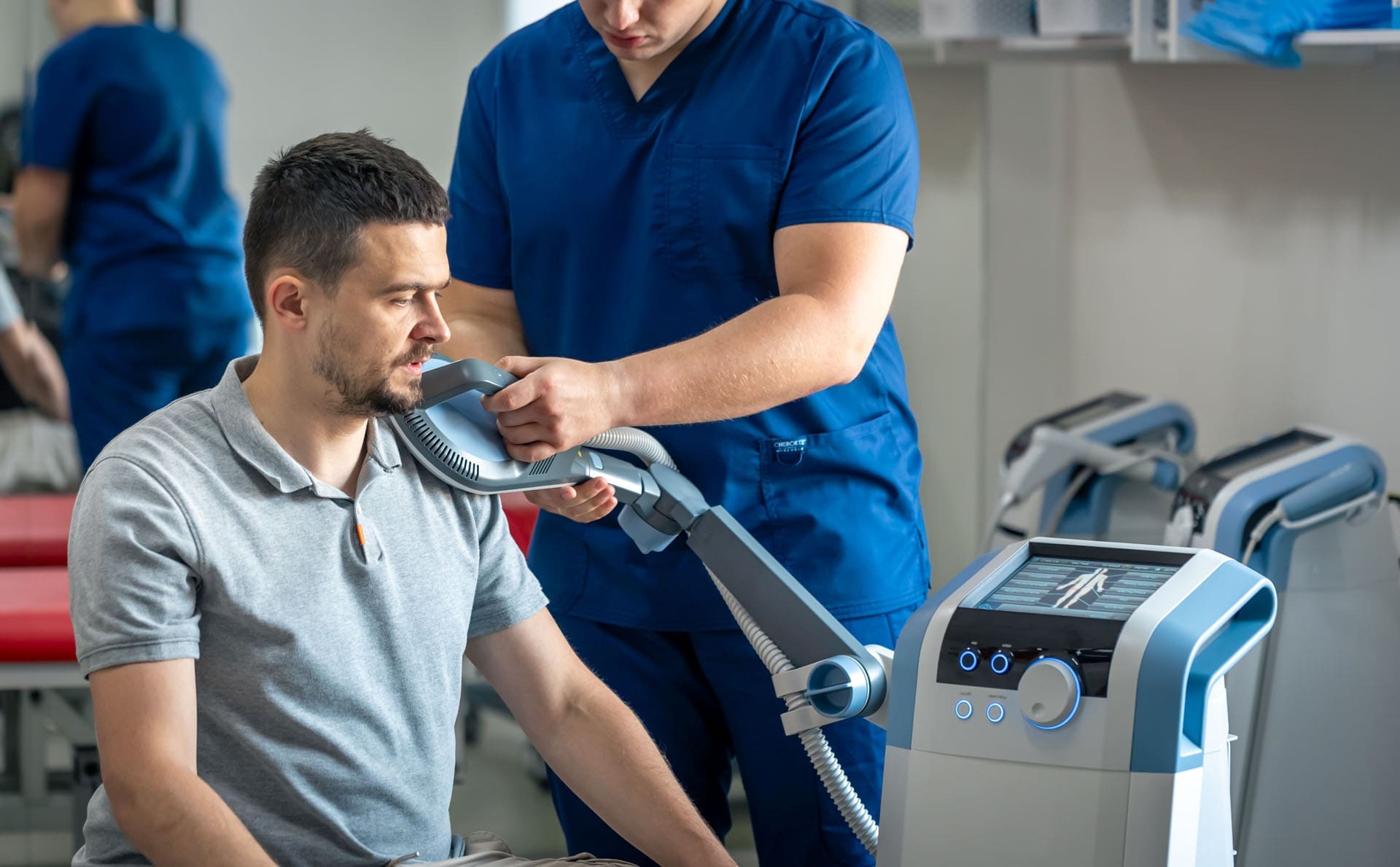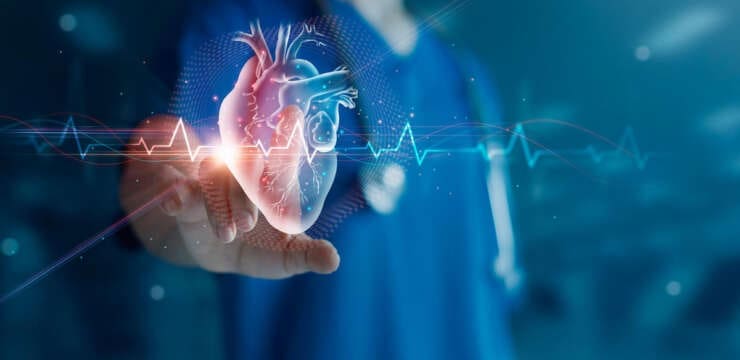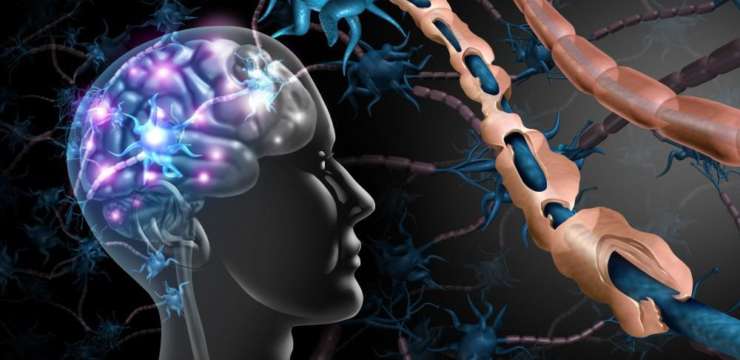
Table of Contents
Healing Nerve Injuries After a Car Accident: A Health Coaching Approach

Car accidents can disrupt your health in more ways than you expect. One of the most overlooked outcomes is nerve damage, which can cause pain, numbness, weakness, and even changes in digestion or heart rate. These symptoms often don’t show up immediately—but they can affect your daily life for months or even years.
At HealthCoach.Clinic, we believe in helping people recover from motor vehicle accidents through a whole-body, coaching-centered approach. That includes educating patients, creating custom recovery plans, supporting nutrition and movement, and promoting emotional healing. This article explains how car crashes can cause nerve injuries and how health coaching can guide you step-by-step through the recovery process.
What Happens to Your Nerves During a Car Accident?
The nervous system includes the brain, spinal cord, and peripheral nerves that travel through your body. During an accident, your spine and soft tissues can be violently jolted, leading to:
- Nerve compression from a herniated disc
- Nerve stretching from whiplash
- Inflammation around the spinal joints
- Crush injuries that damage nearby nerve pathways
These changes may not be visible on the surface, but they can interrupt the way your nerves send signals. This can lead to pain, tingling, weakness, or even changes in how your body functions automatically—like how you breathe, digest, or regulate temperature.
Novus Spine Center, n.d.
Grabban & Durando, n.d.
Three Types of Nerves That May Be Affected
Health coaches focus on teaching clients how their body systems interact. Nerve damage can affect three main types of nerves:
1. Sensory Nerves
These nerves help you feel touch, temperature, and pain. When injured, you may feel tingling, burning, numbness, or shooting pain—especially in the arms or legs.
2. Motor Nerves
Motor nerves control your muscles. If damaged, they can cause muscle weakness, cramping, or difficulty holding things or walking.
3. Autonomic Nerves
These nerves manage automatic body functions like breathing, digestion, blood pressure, and body temperature. When injured, symptoms may include dizziness, constipation, or heart palpitations.
Mayo Clinic, n.d.
Hopkins Medicine, n.d.
Why Symptoms May Be Delayed
One reason nerve injuries go untreated is because they don’t always cause pain right away. Inflammation may develop slowly over days. Muscle tension can build as the body compensates for an injury. A small spinal misalignment may take weeks to affect a nerve root.
As coaches, we help clients tune into early warning signs, such as:
- Morning stiffness or numbness
- Muscle fatigue without overuse
- Unexplained drops in energy
- Mood changes or brain fog
- New digestive or bladder issues
We use this body awareness to encourage early referrals to chiropractic or integrative providers for diagnosis and hands-on care.
Coaching Clients Through the Recovery Process
Health coaching after a car accident focuses on guidance, accountability, and empowerment. While chiropractors and medical providers diagnose and treat, health coaches help clients stay engaged, understand their condition, and follow their recovery routines.
Our Coaching Strategies Include:
- Education about the nervous system and how injuries affect movement, sleep, and mood
- Daily tracking of symptoms, energy, and mobility to recognize patterns and measure progress
- Goal setting for rehab milestones like walking longer, driving again, or returning to work
- Customized care plans that include rest, movement, stretching, and nutrition
- Emotional support to manage stress, frustration, or fear about long-term outcomes
A collaborative recovery plan keeps clients focused on small wins while also rebuilding strength, mobility, and confidence.
Role of Chiropractic and Movement-Based Therapy
Health coaches often work alongside chiropractors and therapists to provide consistent communication and support for healing. Chiropractic care plays a vital role in:
- Realigning the spine after trauma
- Relieving pressure from pinched or irritated nerves
- Reducing inflammation and restoring the range of motion
- Reestablishing healthy posture and balance
Coaches can assist by reinforcing home care exercises, promoting good posture habits, and ensuring proper ergonomics during daily activities.
Functional Nutrition for Nerve Regeneration
Supporting nerve healing from the inside out is a key focus of our coaching. We teach clients which nutrients help repair and protect nerve tissue, including:
- B-complex vitamins (B1, B6, B12) to rebuild myelin, the protective coating around nerves
- Magnesium to reduce nerve excitability and muscle cramping
- Omega-3 fatty acids to fight inflammation and support cell repair
- Alpha-lipoic acid for antioxidant protection
- Hydration to support circulation and joint function
We also guide clients in reducing sugar, processed foods, and pro-inflammatory oils, which may slow the healing process.
Breathwork, Mindfulness, and Stress Reduction
The autonomic nervous system, which controls stress, digestion, and heart rate, is often affected after trauma. Health coaching includes nervous system regulation techniques, such as:
- Deep breathing to calm the fight-or-flight response
- Progressive muscle relaxation to reduce tension
- Meditation and visualization to promote healing
- Sleep hygiene coaching to support rest and recovery
These tools are especially helpful when emotional stress, anxiety, or PTSD symptoms are present.
Working With Dr. Alex Jimenez: Clinical Expertise Meets Coaching Support
In El Paso, Dr. Alexander Jimenez, DC, APRN, FNP-BC, offers a unique and powerful combination of chiropractic care, nurse practitioner services, and functional medicine. At HealthCoach.Clinic, we align our coaching methods with his clinical insights to create a well-rounded recovery journey.
What Dr. Jimenez Provides:
- Medical evaluations and diagnostic imaging (MRI, CT, EMG)
- Chiropractic adjustments for spinal misalignments and nerve relief
- Nutritional and functional medicine support
- Detailed documentation for personal injury and insurance cases
- Movement assessments to guide exercise therapy and rehab timelines
As coaches, we support his care plans by helping clients:
- Implement recommendations consistently
- Stay motivated and goal-oriented
- Track recovery outcomes week to week
- Manage emotional and nutritional needs at home
Dr. Jimenez – Clinical Website
Dr. Jimenez – LinkedIn
Dr. Jimenez – WhatsApp
Long-Term Recovery and Wellness Coaching
Healing from nerve damage doesn’t end when the pain stops. Health coaching focuses on helping clients build long-term resilience. That means:
- Preventing reinjury through proper body mechanics
- Continuing strength and flexibility work
- Rebuilding confidence in movement and activity
- Managing lifestyle stressors that could flare symptoms
- Celebrating progress to stay motivated and empowered
Our integrative support helps bridge the gap between the clinical setting and daily life.
McNicholas Law, n.d.
Physio-Pedia, n.d.
Conclusion: Coaching the Whole Person to Heal the Nervous System
Nerve injuries from car accidents are more than a physical problem—they affect the mind, body, and everyday life. At HealthCoach.Clinic, we combine the expertise of integrative providers with the personalized, one-on-one guidance of health coaching to create a system of healing that empowers every patient.
Through education, accountability, nutrition, movement, stress regulation, and collaboration with providers like Dr. Jimenez, we help individuals feel supported and successful throughout their recovery.
If you or someone you love is struggling after a motor vehicle accident, don’t wait. Let our coaching team help you take the next step toward real healing.
References
Grabban & Durando. (n.d.). Different types of nerve injuries.
Hopkins Medicine. (n.d.-a). Brachial plexus injuries.
Hopkins Medicine. (n.d.-b). Types of peripheral nerve damage that may need surgery.
Mayo Clinic. (n.d.). Peripheral nerve injuries.
McNicholas Law. (n.d.). Permanent nerve damage after a car accident.
Novus Spine Center. (n.d.). Types of pain following an accident.
Palermo Law Group. (n.d.). Can carpal tunnel be caused by a car accident?.
Physio-Pedia. (n.d.). Classification of peripheral nerve injury.
Wallace Wins. (n.d.). Whiplash neck injury.
Disclaimers
Professional Scope of Practice *
The information herein on "Dr. Jimenez Nerve Treatment for Car Accident Recovery" is not intended to replace a one-on-one relationship with a qualified health care professional or licensed physician and is not medical advice. We encourage you to make healthcare decisions based on your research and partnership with a qualified healthcare professional.
Blog Information & Scope Discussions
Welcome to El Paso's wellness blog, where Dr. Alex Jimenez, DC, FNP-C, a board-certified Family Practice Nurse Practitioner (FNP-C) and Chiropractor (DC), presents insights on how our team is dedicated to holistic healing and personalized care. Our practice aligns with evidence-based treatment protocols inspired by integrative medicine principles, similar to those found on dralexjimenez.com, focusing on restoring health naturally for patients of all ages.
Our areas of chiropractic practice include Wellness & Nutrition, Chronic Pain, Personal Injury, Auto Accident Care, Work Injuries, Back Injury, Low Back Pain, Neck Pain, Migraine Headaches, Sports Injuries, Severe Sciatica, Scoliosis, Complex Herniated Discs, Fibromyalgia, Chronic Pain, Complex Injuries, Stress Management, Functional Medicine Treatments, and in-scope care protocols.
Our information scope is limited to chiropractic, musculoskeletal, physical medicine, wellness, contributing etiological viscerosomatic disturbances within clinical presentations, associated somato-visceral reflex clinical dynamics, subluxation complexes, sensitive health issues, and functional medicine articles, topics, and discussions.
We provide and present clinical collaboration with specialists from various disciplines. Each specialist is governed by their professional scope of practice and their jurisdiction of licensure. We use functional health & wellness protocols to treat and support care for the injuries or disorders of the musculoskeletal system.
Our videos, posts, topics, subjects, and insights cover clinical matters, issues, and topics that relate to and directly or indirectly support our clinical scope of practice.*
Our office has reasonably attempted to provide supportive citations and has identified the relevant research studies or studies supporting our posts. We provide copies of supporting research studies available to regulatory boards and the public upon request.
We understand that we cover matters that require an additional explanation of how they may assist in a particular care plan or treatment protocol; therefore, to discuss the subject matter above further, please feel free to ask Dr. Alex Jimenez, DC, APRN, FNP-BC, or contact us at 915-850-0900.
We are here to help you and your family.
Blessings
Dr. Alex Jimenez DC, MSACP, APRN, FNP-BC*, CCST, IFMCP, CFMP, ATN
email: coach@elpasofunctionalmedicine.com
Licensed as a Doctor of Chiropractic (DC) in Texas & New Mexico*
Texas DC License # TX5807
New Mexico DC License # NM-DC2182
Licensed as a Registered Nurse (RN*) in Texas & Multistate
Texas RN License # 1191402
ANCC FNP-BC: Board Certified Nurse Practitioner*
Compact Status: Multi-State License: Authorized to Practice in 40 States*
Graduate with Honors: ICHS: MSN-FNP (Family Nurse Practitioner Program)
Degree Granted. Master's in Family Practice MSN Diploma (Cum Laude)
Dr. Alex Jimenez, DC, APRN, FNP-BC*, CFMP, IFMCP, ATN, CCST
My Digital Business Card






